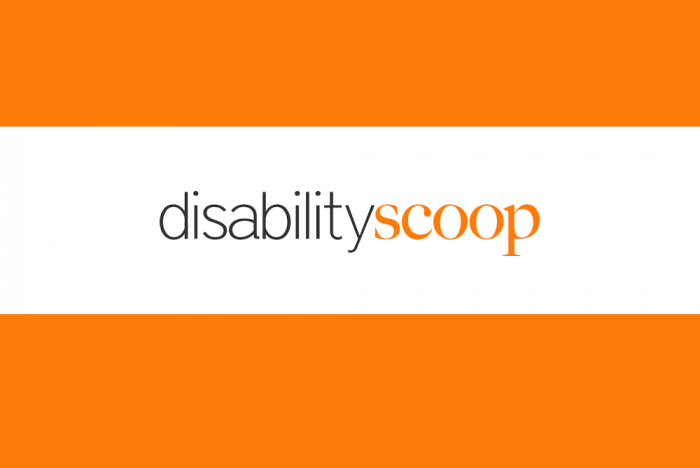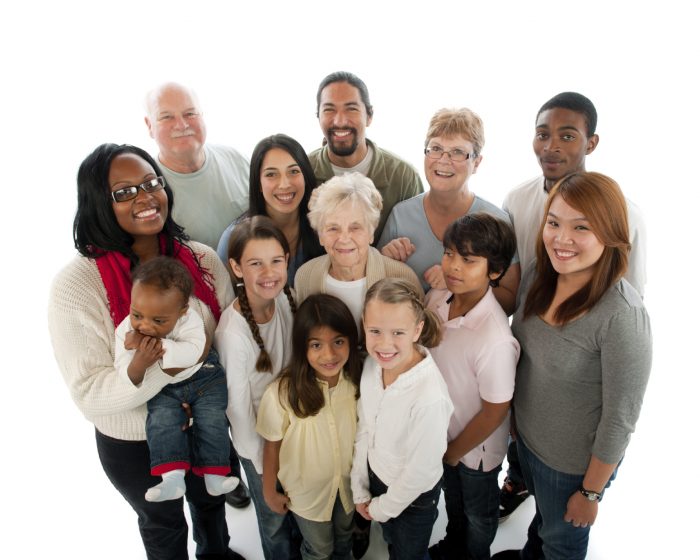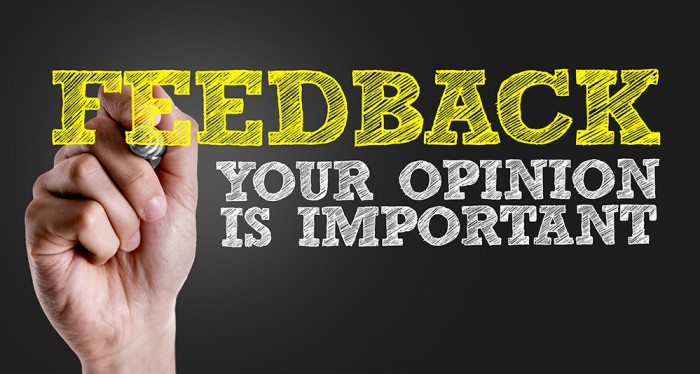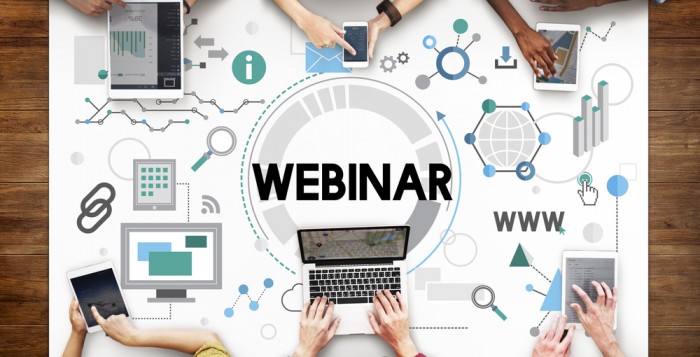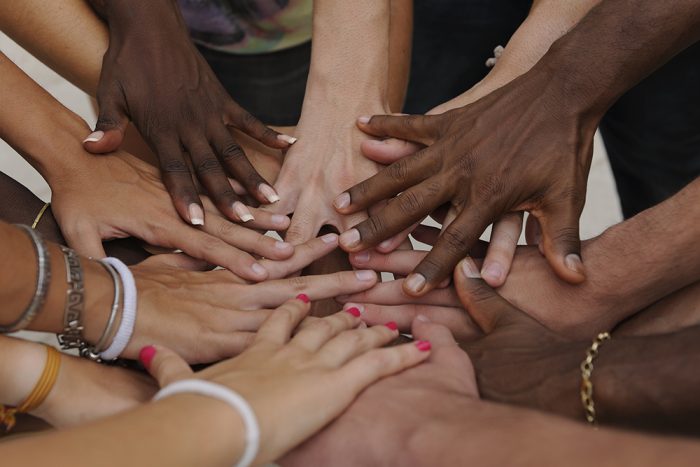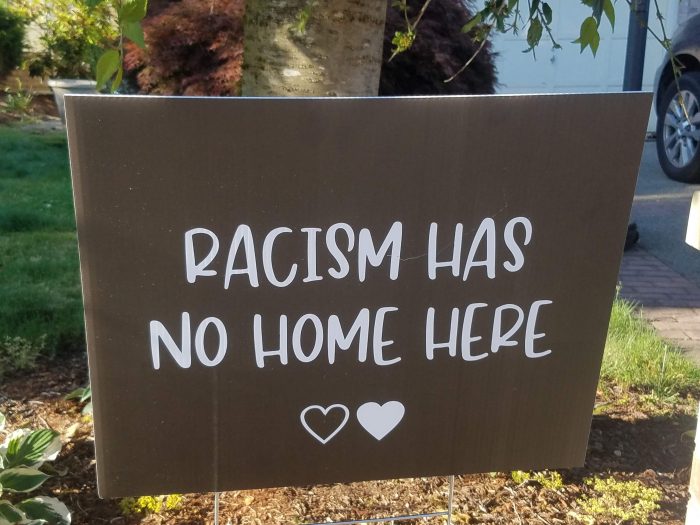NIH Weighs Changes To Its ‘Ableist’ Mission Statement
Race & Disability Virtual Program: Disability Inclusion and Intersectionality Webinar on Oct. 3
A Joint Initiative of the FISA Foundation, The Heinz Endowments, and The Pittsburgh:
Date: Tuesday, October 3, 2023
2:00 pm – 3:00 pm ET
REGISTER
No cost, but registration is necessary.
This session addresses the relationship between race and disability and establishes a common language around intersectionality. You will walk away with insights into cultivating programs, practices, and an organizational culture that is grounded in racial justice, disability justice, and inclusion.
This webinar focuses on inclusive practices around disability and racial justice, led by Keri Gray, CEO of the Keri Gray Consulting Group.
Support Equity for Internet Access and Training
Help PA get connected and stay connected! The Commonwealth of Pennsylvania is expected to receive substantial federal funding for the purposes of broadband expansion, adoption, and literacy as part of the federal government’s historic funding under the Infrastructure Investment and Jobs Act (IIJA). The PA Broadband Development Authority (PBDA) is currently gathering input and data for its Broadband Equity, Access, and Deployment (BEAD) and Digital Equity (DE) plans.
The PBDA has launched a public survey to hear from residents across Pennsylvania as a part of the planning process. Please consider responding to the Broadband Connectivity and Digital Access Survey. Your participation will be appreciated and is essential to supporting our collective interests in fast, reliable high-speed internet service for everyone.
If you’d like to learn more about the PBDA’s Internet for All: Connecting the Commonwealth of Pennsylvania initiative and see what community events are scheduled, visit this web page.
#BroadbandinPA #InternetforAllPA
Fostering Gender-Affirming Practices for Trans Youth Through Strengths-Based Approaches — Webinar on July 13
Thursday, July 13, 2023
2:00 pm – 3:15 pm EDT
REGISTER
This webinar is offered by The Center for Health Care Strategies.
Everyone deserves to receive the care they need, including trans youth. Transgender, nonbinary, and gender-expansive youth face unique barriers to accessing health care, which are further compounded for trans youth of color, trans youth in rural communities, and trans youth on public insurance. Providers can better support trans youth by incorporating a youth-led, strengths-based approach in their care. By shifting practices and policies, health care teams can make their care settings more welcoming for trans youth and their families and work toward centering youth voices in discussions on health care access, social and community resources, and more.
This webinar will highlight promising strategies for creating welcoming health care settings for trans, nonbinary, and gender-expansive youth and their families. A nationally recognized pediatrician as well as a health center founder and nurse-practitioner will share their experiences creating practices that empower trans youth to lead their health care journey, access needed resources, and advocate for themselves and their communities. The webinar is a product of Accelerating Child Health Transformation (ACHT), a national initiative led by the Center for Health Care Strategies (CHCS) with support from the Robert Wood Johnson Foundation that seeks to accelerate the adoption of key strategies necessary to advance anti-racist and family-centered pediatric practice.
Providers, patients, patient and family advocates, and other interested stakeholders are invited to join this 75-minute event. This webinar will not be recorded. By attending this event, you agree to not record the event.
Today is Juneteenth. Let’s Celebrate the Day and Understand Why
What is Juneteenth?
Juneteenth is a federal holiday celebrated on the nineteenth day of June to commemorate the emancipation of African Americans who were enslaved in the United States. It memorializes the end of slavery and has been observed annually since 1865. On June 17, 2021, President Biden signed into law Senate Bill 475, making Juneteenth a federally-recognized holiday.
Juneteenth is often celebrated under several names, including National Independence Day, Emancipation Day, Freedom Day, Jubilee Day, Black Independence Day, and Juneteenth Independence Day.
Background and History
In early 1863, during the American Civil War, President Abraham Lincoln issued the Emancipation Proclamation, which declared the freedom of more than three million slaves living in the Confederate states. More than two years later, on June 19, 1865, this news finally reached people living in Texas with the arrival of Union soldiers. When African Americans living in Texas learned that slavery had been abolished, they immediately began to celebrate with prayer, feasting, song, and dance — the foundation of Juneteenth.
The following year, on June 19, the first official Juneteenth celebrations took place in Texas. Original observances included prayer meetings and the singing of spirituals. Celebrants wore new clothes as a way of representing their newfound freedom. Juneteenth became a state holiday in Texas in 1980, and several other states followed suit. Within a few years, African Americans in many other states were celebrating the day as well, making it an annual tradition.
Ways to Celebrate
Today, many Juneteenth celebrations include prayer and religious services, speeches, educational events, family gatherings and picnics, and festivals with music, food, and dancing. In some places, demonstrations and parades commemorate the day. These celebrations often include ways to honor aspects of African American culture.
Is Celebrating Juneteenth Only for African Americans?
While Juneteenth has immense meaning for the African American community, there is value for every person — regardless of race, culture or background — to observe this holiday. A celebration of freedom for any group is a celebration of the ideals that we value as a nation.
Juneteenth is a day for African Americans to celebrate liberty, resilience, and strength. While participating and commemorating, all should pause to acknowledge the historical and somber importance of the day.
Why Should We Celebrate Juneteenth in the Workplace?
Celebrating Juneteenth in the workplace sends a strong message to African American employees, clients, and community members that the black experience, black history, and the struggles endured are worth acknowledging.
You can visit here for some ideas for planning a Juneteenth celebration.
Black Americans More Upbeat But Fear Worsening Racism, Poll Finds
Practical Ways to Celebrate Juneteenth in the Workplace
Next Monday is Juneteenth, a federally recognized holiday commemorating the emancipation of people who were enslaved in the United States. If you haven’t yet planned a way to celebrate, there’s still time!
The best Juneteenth celebration ideas for the office are activities that allow participants to learn about the history behind the holiday. For example, hosting a lunch-and-learn session, inviting a guest speaker, and watching documentaries are great ways to educate employees on the importance of Juneteenth. Planning special Juneteenth ideas at work shows employees that you care about the meaning behind the holiday. In addition, celebrating in the office is a great way to boost employee engagement while strengthening diversity and inclusion at your company.
In her article 15 Great Juneteenth Ideas for Work, Tasia Duske outlines practical ideas to help you plan and implement Juneteenth activities for a meaningful celebration. Some ideas to consider:
- Did you know” social media campaign
- Office art display
- Wall of quotes
- Black-owned business gift box
- Trivia game
- Donation drive
- Paid time off
- Lunch-and-learn
- Movie night
- Lunch outing
- Book club
- Guest speaker engagement
- Potluck barbeque
- Reflection circle
- Workplace décor
RCPA would love to hear from you! Let us know how your organization plans to celebrate Juneteenth and send us photos to share! You can send your items to Cindi Hobbes.
CMS Office of Minority Health Advances Health Equity During Pride Month
Supporting Healthy Sexuality for People With IDD — Webinar on June 13
Tuesday, June 13, 2023
2:00 pm ET
REGISTER NOW
Often, providers and direct support professionals (DSPs) working with individuals with intellectual and developmental disabilities (IDD) aren’t sure how to support clients with their sexuality or feel uncomfortable addressing this topic. Individuals with IDD deserve to live healthy, full lives within their community of choice.
Join Relias to hear Nellie Galindo, MSW, MSPH, and Rémy Jodrey, MS, LCMHC, discuss ways for DSPs to comfortably support IDD individuals with their sexuality.
Learning Objectives
- What topics to consider when providing support for sexual health and identity?
- How to identify your own values around sexuality?
- How to best support individuals with IDD when issues of sexuality arise in their daily lives?
Can’t attend the live event? Register anyway, and you’ll receive a follow-up email with a link to the recording.










